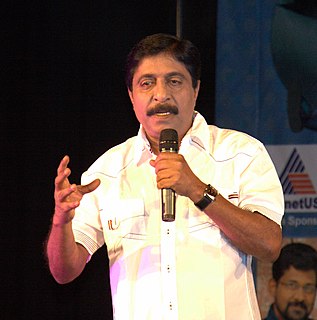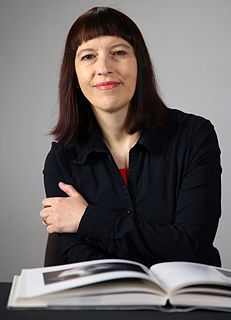A Quote by Pulkit Samrat
I feel we children learn all the good things from our mothers. They are simply the best.
Related Quotes
When our mothers are alive and healthy, they do extraordinary things... like the mothers of Plaza de Mayo, who marched in Argentinean plazas, defying the military junta dictatorship and demanding the whereabouts of their abducted children... or the Liberian mothers who faced down civil war armed only with T-shirts and courage.
Mothers and fathers act in mostly similar ways toward their young children. Psychologists are still highlighting small differencesrather than the overwhelming similarities in parents' behaviors. I think this is a hangover from the 1950s re-emergence of father as a parent. He has to be special. The best summary of the evidence on mothers and fathers with their babies is that young children of both sexes, in most circumstances, like both parents equally well. Fathers, like mothers, are good parents first and gender representatives second.
I think, however, that there isn't any solution to this problem of education other than to realize that the best teaching can be done only when there is a direct individual relationship between a student and a good teacher - a situation in which the student discusses the ideas, thinks about the things, and talks about the things. It's impossible to learn very much by simply sitting in a lecture, or even by simply doing problems that are assigned. But in our modern times we have so many students to teach that we have to try to find some substitute for the ideal.
In vain are Schools, Academies, and Universities instituted, if loose Principles and licentious habits are impressed upon Children in their earliest years . . . . The Vices and Examples of the Parents cannot be concealed from the Children. How is it possible that Children can have any just Sense of the sacred Obligations of Morality or Religion if, from their earliest Infancy, they learn their Mothers live in habitual Infidelity to their fathers, and their fathers in as constant Infidelity to their Mothers.
Women without children are also the best of mothers,often, with the patience,interest, and saving grace that the constant relationship with children cannot always sustain. I come to crave our talk and our daughters gain precious aunts. Women who are not mothering their own children have the clarity and focus to see deeply into the character of children webbed by family. A child is fortuante who feels witnessed as a peron,outside relationships with parents by another adult.



































